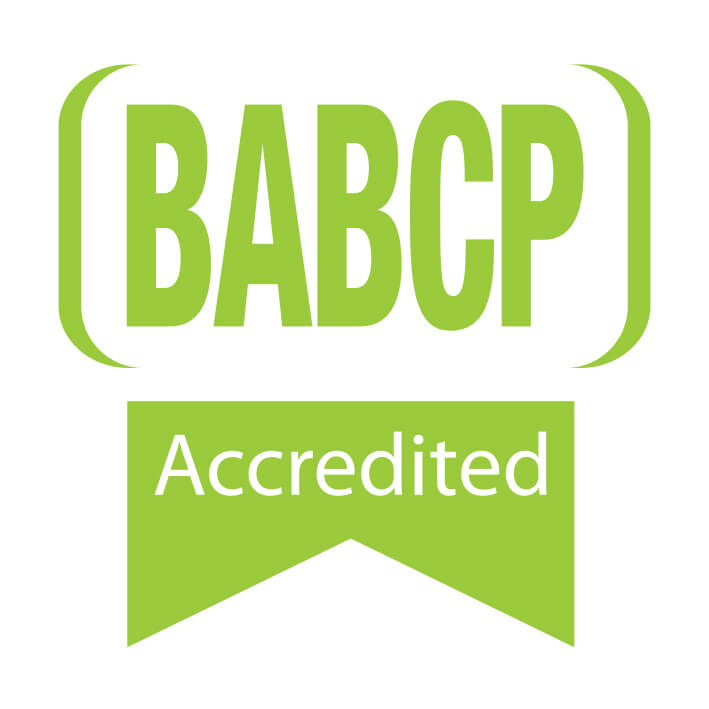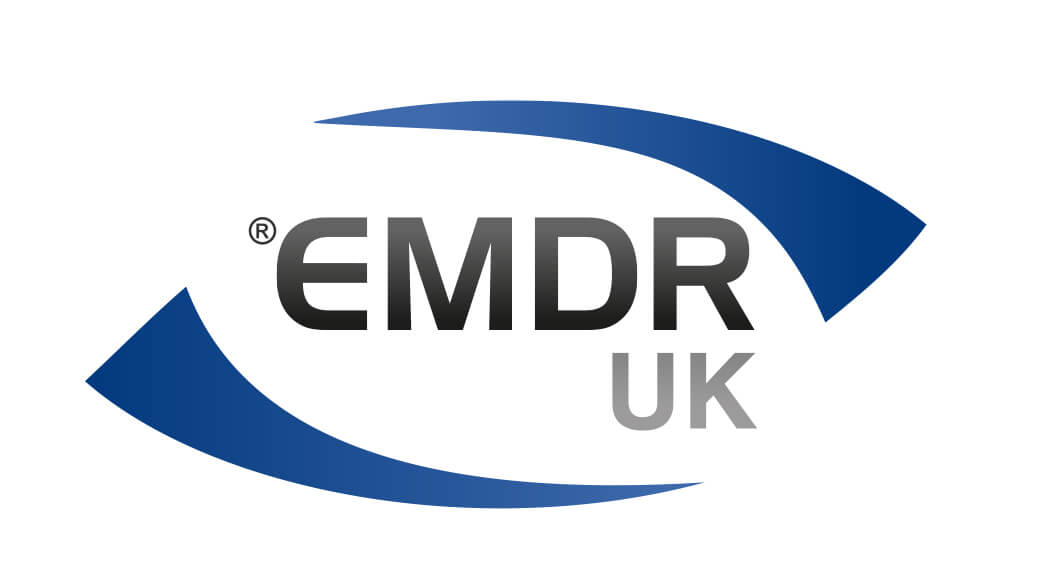Eye Movement Desensitisation and Reprocessing Therapy
Eye Movement Desensitisation and Reprocessing Therapy (EMDR) is an evidence based and recommended treatment by the National Institute for Health and Clinical Excellence for PTSD.
Although it is most well known for treating PTSD, EMDR can also help with a range of mental health difficulties including traumas, OCD, anxieties, phobias and depression, that have been triggered by witnessing or experiencing a traumatic or distressing event.
Trauma can impact us both physically or mentally. Traumatic or adverse life events can be single distressing events or a number of ongoing and distressing events.
When we experience a traumatic event, our brain may be too busy coping with that and feel too overwhelmed to process the experience in the same way that we process everyday memories. As a result the memory of the event can feel stuck in the present causing flashbacks and re-experiencing images, sounds, feelings and sensations from the event. All of this can cause a person to feel extremely distressed, anxious and depressed.
EMDR uses eye movements to help stimulate the left and right sides of the brain. This helps the brain to process the traumatic memory so that it no longer feels current or recent and fades into the background which can then allow a person to focus on and move on with their lives.
EMDR and CBT are both recommended in the NICE guidelines for PTSD. If you would like to find out more about the difference between the two treatments please contact me and I will be happy to discuss this with you.
For more information on EMDR please have a look at the EMDR Association website - https://emdrassociation.org.uk/
A note about Counselling
Counselling is often used as a generic term for talking therapies but it is a specific type of talking therapy. If you are looking for a mental health therapist, it is helpful to understand the difference between counselling, CBT and EMDR.
Counselling provides a space to talk about issues and concerns and to explore thoughts, feelings and behaviours. I am not a trained counsellor and do not offer counselling, but I understand from the British Association for Counselling and Psychotherapy website (www.bacp.co.uk), that a counsellor will not give advice or their opinions but will help you find your own solutions, to either make changes or find ways of coping. As described above, CBT and EMDR, are much more structured therapies.


